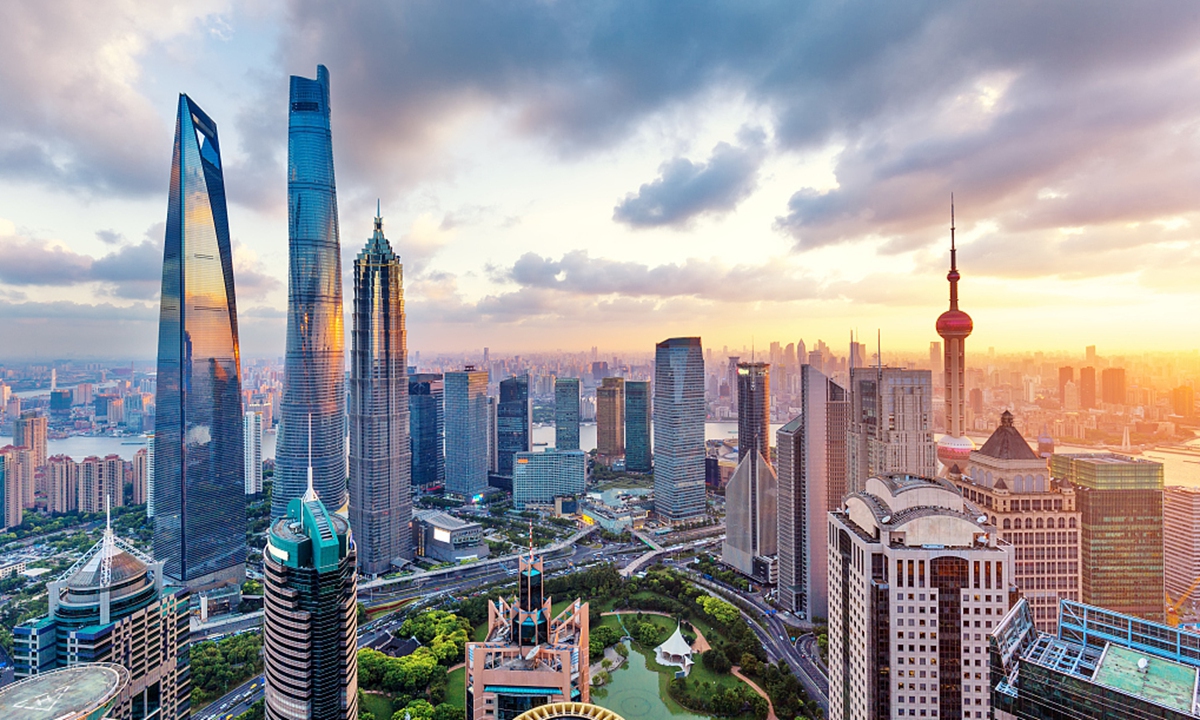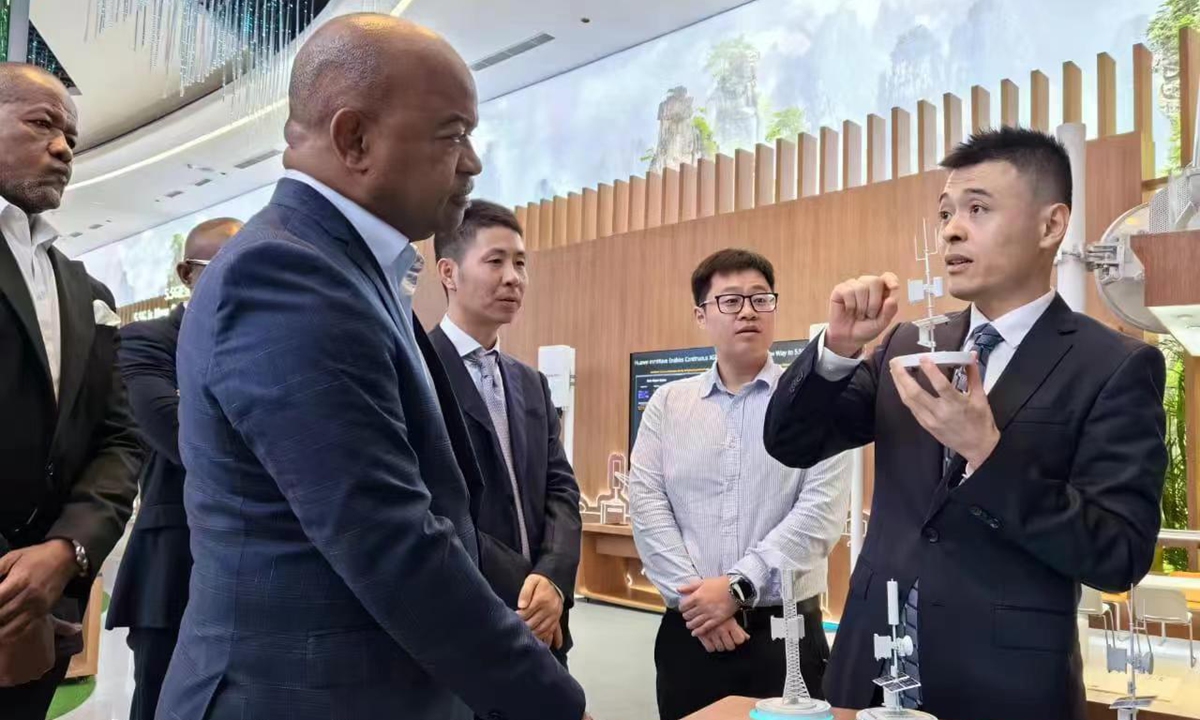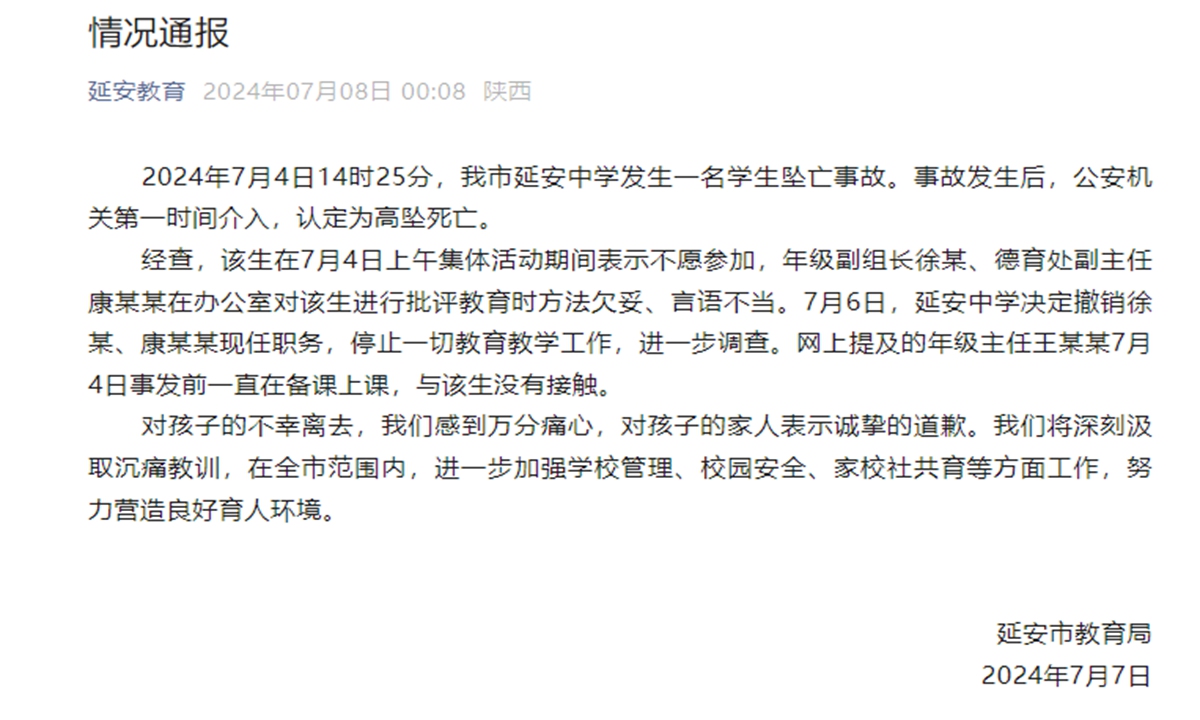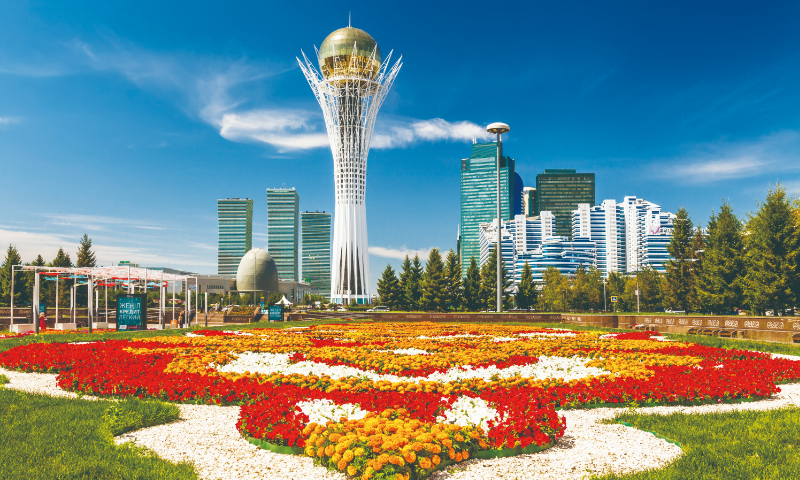
Photo: VCG
Editor's Note:
While continuing its marvelous journey of rapid modernization,mk China is increasingly showing its appeal to the world. Its rich culture and history have attracted many foreigners to come to visit this country and seek to study and understand it. In 1985 and 2011, Harold Weldon (Weldon), an Australian sinologist and vice president of the publishing company Weldon's, retraced the Long March route. He has contributed to several books and documentaries on modern Chinese history. In a recent interview with Global Times (GT) reporter Ma Ruiqian, Weldon shared his views on how Chinese culture promotes world peace and development, as well as his insights into the cultural gap and exchanges between the East and the West.
GT: In 1985, you retraced the Chinese Red Army's historic Long March for the first time. Could you share some memorable stories from your journey along the Long March?
Weldon:In the rugged canyonlands between Yunnan and Sichuan, we set out on a challenging 20-kilometer trek with donkeys carrying our equipment. We skirted the Fire Mountains to reach Jiaopingdu, a critical river crossing on the upper Yangtze River. It was here, in May 1935, that the fate of the Red Army changed. Under cover of darkness and relentless gunfire, 37 brave ferryboat men transported the marchers across the river over a grueling nine-day trek.
We faced the intense heat of the sun. However, during the steep climb out of the canyon, I fell behind the main group. Noticing I was struggling, some local children led me to a cool mudbrick hut filled with hay. Their grandmother brought me a refreshing gourd of spring water and local pawpaw. As we set off for the final leg, a little girl stayed with me the whole way. I think she was worried that I would fall into the ravine.
Weeks later, we found ourselves climbing into the 4,000-meter mountains of western Sichuan, heading toward another crucial point of the Long March, Jiajin Mountain, a great snow mountain. The original Long Marchers faced this ascent without a map, no food and minimal clothing and grass sandals. We were well-equipped but still struggled.
The Long March is a story of triumph over adversity, resilience despite overwhelming odds, and the power of working together toward a common goal. It taught me the importance of fearlessness in confronting challenges with unwavering determination and the necessity of adaptability - embracing new strategies, exploring uncharted routes and being open to new ideas while accepting the kindness of strangers.
GT: How do you view the contribution of China's unique philosophy and culture to world peace and development?
Weldon:I think modern Chinese culture has generally developed from Confucianism, Daoism and Buddhism. All these beliefs, especially Confucianism, place the common or collective good above the individual, whether it's in terms of family, society or country.
I do believe that the real Chinese society and values, as they exist today, are not well understood in the West. The challenges posed by the COVID years have made this even more difficult, but there is an important role for people like me to assist in sharing the real stories that reflect the heart and soul of China, beyond the news headlines of geopolitical matters.
This next period of history must be a time when China tells its story, and I hope that the West has ears to listen to. Every conversation is two-way, so I also hope for greater understanding in China regarding the questions the West has for it.
Over the past 75 years, China has risen to become a great power, and the initiatives proposed by China, such as the three global initiatives, signal to the world that China wishes to be an active and positive force for a balanced perspective on the reality of the family of nations as we all coexist on this fragile planet.
I have always been a supporter of the Belt and Road Initiative (BRI). The logistics were too challenging, but in the meantime, the BRI continues to develop both land and sea routes. Like all human history, the development of the BRI will face challenges, especially in building the partnerships required and securing the substantial funding needed to make it happen. China is the only country that can carry out the BRI; it is the greatest undertaking ever attempted by humankind.
I have been fortunate in my life to spend a lot of time in China, with the real people of China, so I know that the philosophies, actions, innovations and vision of China foresee a shared future for all of us. However, there is a long way to go in communicating that story. There is ignorance in both the East and the West. Ignorance breeds fear, uncertainty and doubt, which leads to closed minds and ears and unfortunate pathways of cultural misunderstandings.
In this next phase of history, I envision the "Asian Century," with China as a major player, rapidly emerging as a positive influence on art, culture, philosophy, business practices, and an Eastern approach to bilateral and multilateral relations.
GT: Your series of China-themed publications have helped the West understand the true image of China. There are many negative narratives about China in the Western world. What are your thoughts on these narratives?
Weldon:We are in a period of world history where Western media and social media often present China in a more negative way. This approach is not new; it is called the fear of the "other." The "other" refers to an individual, a race of people or a country that a society treats separately. Once you do that, it becomes easier to de-personalize those individuals and not see their humanity. This treatment of the "other" happens in every culture and my work tries to help with awareness and inclusiveness.
GT: How can we help eliminate the misunderstandings and further promote multifaceted relations between China and Australia?
Weldon:There needs to be significantly more student exchanges, even at the primary and high school levels. Such exchanges between both countries could help students immerse themselves in each other's societies and cultures. While I acknowledge that there is much ignorance and misunderstanding about Chinese people in the West, there is also a significant lack of information and education about the West for young people in China. Facilitating two-way cultural communication is my area of expertise and the focus of my career.
GT: If there is an opportunity, would you like to continue publishing works that showcase China in the new era?
Weldon:Yes, I would. My main career goal is to publish new books, e-books and cultural media works that showcase, educate and inform the West about China in the new era. I have a strong sense of "calling." I believe it is my fate or destiny to be a strong communicator between the world of China and the West. The world in 2024 is complex and ever-changing; we have never had so much access to 24-hour information, yet we have never been more ill-informed.
I am still on the Long March into Chinese culture that I began 40 years ago. There is more work to do, and if successful, I can help bring cultures and societies like China, Australia and the rest of the world together, which is always better than misunderstanding and the potential for conflict.
 More proactive approach will unleash positive potential of China’s economy
More proactive approach will unleash positive potential of China’s economy Angola seeks to strengthen telecom partnership with China to accelerate digitalization
Angola seeks to strengthen telecom partnership with China to accelerate digitalization Tragic student death in NW China prompts teachers' dismissal and safety review
Tragic student death in NW China prompts teachers' dismissal and safety review SCO contributes greatly to reshaping global equality and cooperation: Kazakh scholar
SCO contributes greatly to reshaping global equality and cooperation: Kazakh scholar